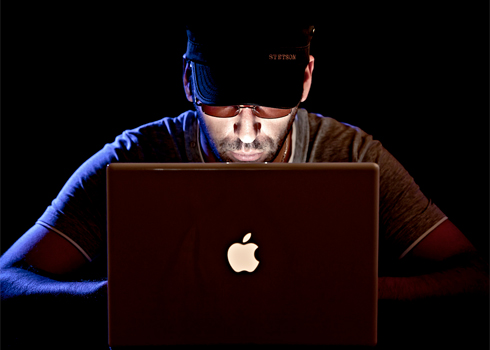You can do almost anything remotely “from the cloud” these days — everything that is, except for listening to the tunes that you’ve already bought, and sharing those with your friends.
That’s because of the complex licensing issues involved in the United States.
But Apple is going to change all that, according to Bloomberg Businessweek. It’s about to preview a new music locker service early June at its Worldwide Developers Conference, and it’s likely to have reached an agreement with all four of the big music labels by then.
A digital music locker service allows you to upload all of your music to the service’s servers in the cloud, and then to access and play that music whenever and however you want.
In Europe, more than 10 million people have already registered for such a service called Spotify.
But licensing issues have prevented Spotify from launching a similar service yet in the United States, according to most media reports.
Nevertheless, both Amazon and Google have recently launched digital music locker services, as a recent Bloomberg Businessweek article notes, but they’ve met with a tepid reaction. They’ve also launched without the blessing of the music industry, which the companies claim they don’t need.
The Bloomberg Businessweek article notes that Apple’s agreement with the record labels could transform the music industry because it will finally help the industry’s business model evolve — in this case, to a Netflix-like subscription one.
According to Bloomberg Businessweek:
“Armed with licenses from the music labels and publishers, Apple will be able to scan customers’ digital music libraries in iTunes and quickly mirror their collections on its own servers, say three people briefed on the talks. If the sound quality of a particular song on a user’s hard drive isn’t good enough, Apple will be able to replace it with a higher-quality version. Users of the service will then be able to stream, whenever they want, their songs and albums directly to PCs, iPhones, iPads, and perhaps one day even cars. And the music industry gets a chance at the next best thing after selling shrink-wrapped CDs: monthly subscription fees, à la Netflix (NFLX) and the cable companies. “We will come to a point in the not-so-distant future when we’ll look back on the 99¢ download as anachronistic as cassette tapes or 8-tracks,” says Ross Crupnick, a music analyst at NPD Group.
Once Apple’s service gets going, competitors like Google might follow the model, the article notes.
If so, the development might finally give the new music app economy a boost by providing a model for a way forward.
“It’s really a slope that is evolving,” says Brian Zisk, organizer of a periodic music and technology conference called SF Music Tech. “On the small scale, you may or may not get away with things that are legal, but on the big scale you really have to fight for what your position is, and then on the middle scale, you have [companies] that try to license, but they can’t pay the money, or get the attention that the really big guys get.”






